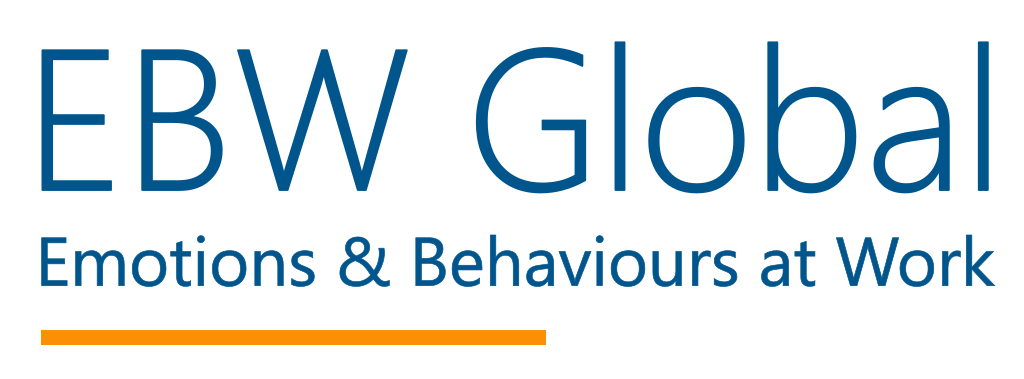How to Improve Diversity & Inclusivity
With the rate of change and complexity in today’s organisations, levels of stress have increased exponentially as a result of the increasing requirement to “do more with less” and other factors.
And, increasingly, we are working across borders, cultures and very diverse team members, either face to face or more often virtually — driven by changing demographics and globalisation.
Fortunately, most organisations recognise that diversity & inclusion (D&I) practices are a business imperative to attract and retain the best talent and to maximise talent and marketplace opportunities.
Yet today, women are still incredibly scarce at the top, comprising only 2.8 percent of FORTUNE Global 500 CEOs. Just one in five start-ups has a woman founder.
Research by Accenture in 2019, showed that two thirds of leaders (68 percent) feel they create empowering environments in which, for example, employees can be themselves, raise concerns and innovate without fear of failure, but just one third (36 percent) of employees agree.
Whereas 88 percent of leaders say their organisation offers training/upskilling opportunities, only 73 percent of employees say the same.
However, in the same research, approximately 2/3 of employees feel comfortable reporting a range of sensitive issues, such as a concern about their mental health or the behaviour of a senior colleague, but interestingly that’s still 15 percentage points below the level leaders believe are comfortable.
And, 20 percent of employees suggested that they did not feel included in their organisations, i.e. they did not feel they are welcome at work or can contribute fully and thrive, but that stat' was still 10 times higher than the leaders believed (2 percent).
Based on their research, Accenture estimate if the employee perception gap were narrowed by 50 percent and organisations were more inclusive, then organisations' global profits would be higher by 33 percent, equivalent to $3.7tn in 2019.
EBW Global View
However, here is the issue, diversity and inclusivity require sensitivity and awareness to a myriad of visible dimensions, including gender, generational differences, race and ethnicity, while other factors such as sexual orientation, education, religion and culture may be below the surface or not immediately apparent.
In simple terms, diversity can be conceptualised as surface-level diversity (e.g., gender, nationality) or as deep-level diversity (e.g., personality, attitudes).
Both require a careful and thoughtful approach when investing in practices that will transform how leaders and teams work together. Especially as people tend to leave leaders and teams not jobs.
We know there is a powerful connection between our emotions and how we react to diversity or differences.
Think about how fans react at sporting events, when just their teams are different.
Differences stimulate emotional reactions. Differences can excite and interest us, triggering curiosity, fascination and the motivation to learn more. On the other hand, they can upset and irritate us, stimulating annoyance, frustration and fear.
So, how does developing Business Emotional Intelligence make a significant difference to diversity and inclusivity in the workplace.
By focusing on Business Emotional Intelligence, it enables people to:
Acknowledge Emotional Reactions:
Recognising and dealing with emotional reactions to differences is at the heart of being effective with diversity. Developing Business Emotional Intelligence helps individuals understand their emotional drivers and behaviours at work and how others’ emotional behaviours affect them.
Deal with Ambiguity:
The endless differences diversity brings often present confusing and unclear situations and difficult dilemmas. There are few rights and wrongs when it comes to knowing how to deal with differences. Business Emotional Intelligence helps us develop the ability to deal with ambiguity at work. To work outside our comfort zones. Having Business Emotional Intelligence improves resilience and our ability to cope with difference.
Develop Empathy:
Business Emotional intelligence helps develop and demonstrate empathy, perhaps the most crucial skill in dealing with differences. Not only does understanding others build compassion etc., but it builds connections that allow relationships across differences to grow. Empathy is at the core of successful leadership in diverse groups
Reduces Unconscious Bias:
The benefit of unconscious bias is that it can help us to make quick decisions, however the downside is that it happens unconsciously and can bring negativity into complex social situations. Business Emotional intelligence reduces unconscious bias, lessens the fear of the other and calms the fight flight response in the face of differences.
Build Inclusive Environment:
Dealing effectively with diversity requires the ability to create inclusive environments whether in relationships, work groups or teams. Attending to the emotions and behaviours of others, being able to relate to different people is key to inclusivity. Business Emotional intelligence gives us the emotional behavioural maps to provide relationship management skills to make an inclusive culture a reality.
Do you think your workplace culture is inclusive? Your employees might think differently.
Closing the perception gap by using Business Emotional Intelligence assessments and our bespoke face to face or virtual workshops will yield substantial benefits for your company and your employees.
Discover How Business Emotional Intelligence Transforms Leaders and Teams
If you would you like your leaders and teams to improve their decisions and the way they work together, click a button below to see how investing in Business Emotional Intelligence can make a difference or find an EBW Certified Partner to help you.

